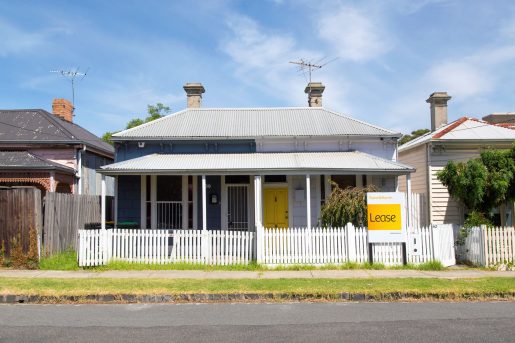
Selling your rental property and the 6-year rule

Selling your rental property is a terrific way to unlock personal equity to be able to pursue other investment opportunities or meet other personal financial goals.
Before doing so, your tax obligations should be considered. Depending on your circumstances, however, you may qualify for the Main Residence Exemption (MRE), more commonly known as the 6-year rule, where any capital gain made on the sale of the property is exempt from income tax.
Eligibility
To be able to apply the 6-year rule the property must:
- Have been your main residence first. That is, you cannot have rented the property out first then it became your main residence later.
- Stopped being your main residence.
- You did not establish a new main residence. For example, you lived in rental or short-stay accommodation, or nursing home.
- You receive rental income for 6 years or less before selling. This includes non-consecutive years provided the 6-year rule is not reset (see example 4.)
- You were an Australian resident at time of sale.
Definition of a Main Residence
The ATO defines a main residence as a property with a dwelling on it that you have lived in, you cannot apply the 6-year rule on a vacant block. The dwelling is then considered your main residence if:
- you and your family live in it.
- your personal belongings are in it.
- it is the address your mail is delivered to.
- it is your address on the electoral roll.
- services such as gas and power are connected.
Example 1: A period of absence
Paul purchased and moved into a Hobart property in 2020, before moving to Launceston where he stayed with his sister in 2021. The Hobart property was rented out for the next 12 months before he returned to Hobart in 2023. Paul resumed living in the Hobart property until it was sold in 2024. Using the 6-year rule Paul was exempt from income tax on the gain made on sale.
Example 2: Using the Main Residence Exemption
Chase owned and lived in an apartment in Melbourne until 2019, where he then moved to Hobart to rent a property while the apartment collected rental income. In 2023 he decided to make his move to Hobart permanent and sold his Melbourne apartment. As he had not established a new main residence in Hobart he was able to apply the 6-year rule.
Example 3: What happens when a new Main Residence is established
Claire is earning rental income from her main residence established in Sydney while she completes a 3-year contract in Launceston starting in 2018. She lives in on-site accommodation during this time. In 2021 she purchases a new property in Launceston, which she makes her new main residence, while still collecting rent from her residence in Sydney. In 2023 she decides to sell her Sydney property. Under the 6-year rule Claire can apply a part exemption up until the purchase of her new property in 2021 Capital Gains Tax is then applied on the remainder of the gains made from sale. Claire may also elect to not treat her new home as her main residence, in which case she would be eligible to apply the 6-year rule to the sale of her Sydney home, noting that in the event she sold her Launceston home in the future this would incur capital gains obligations.
Example 4: Resetting the 6-Year Rule
Stuart moves out of his main residence and collects rental income from 2015 until 2017, being two years, after which he moves back in and re-establishes the property as his main residence and thus “resets” the 6-year rule. In 2019 he moves back out of the property and collects rent until the property is sold in 2024, totalling 5 years of rent collected. As Stuart had “reset” the 6-year rule after his first absence from the property he is able to apply the main residence exemption on the entire gain on the property.
If instead the property had remained vacant, or was inhabited by his children rent free, main residency would not be re-established and he would not be eligible for the 6-year rule.
The biggest selling cost related to an investment property sale is likely to be Capital Gains Tax, however with the 6-year rule this can greatly be reduced or disregarded all together. The 6-year rule has many more nuances not discussed above, for more information please contact our office for assistance.
Laura Banks-Smith
Advisor – Business & Personal Advisory

